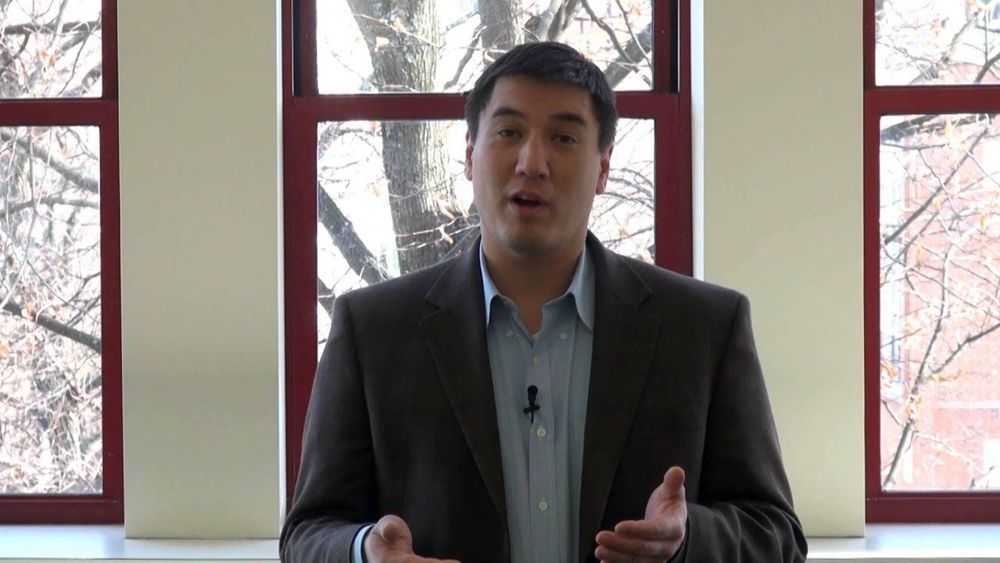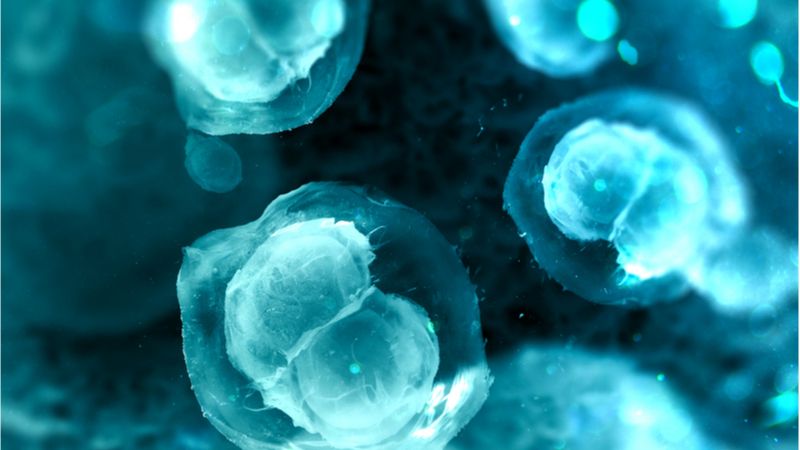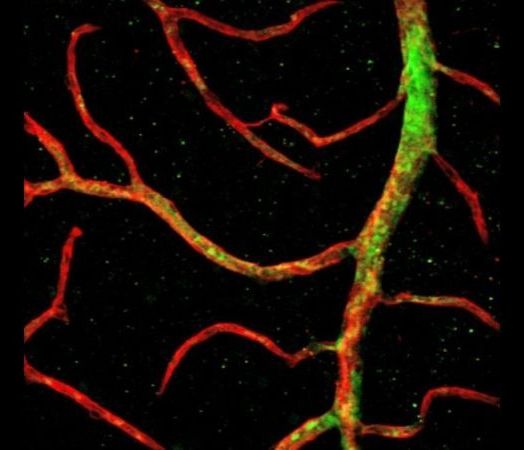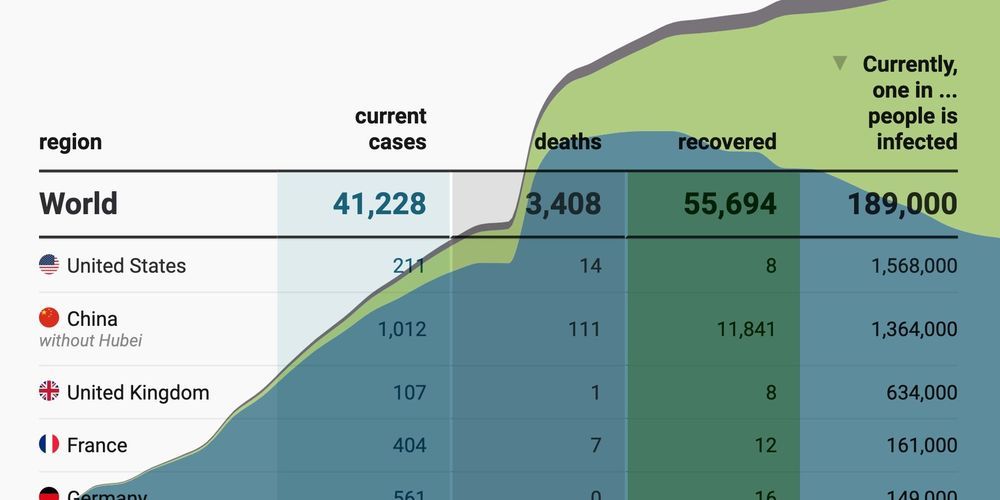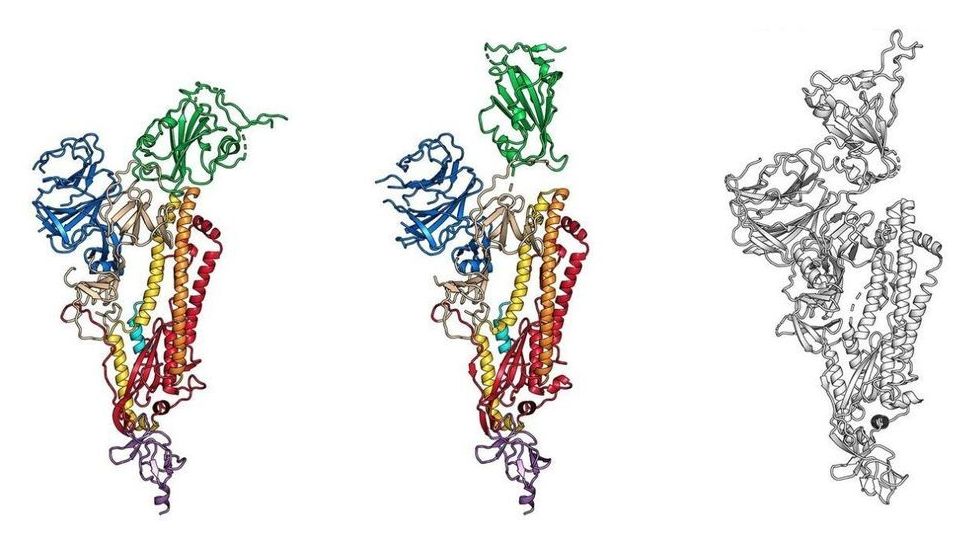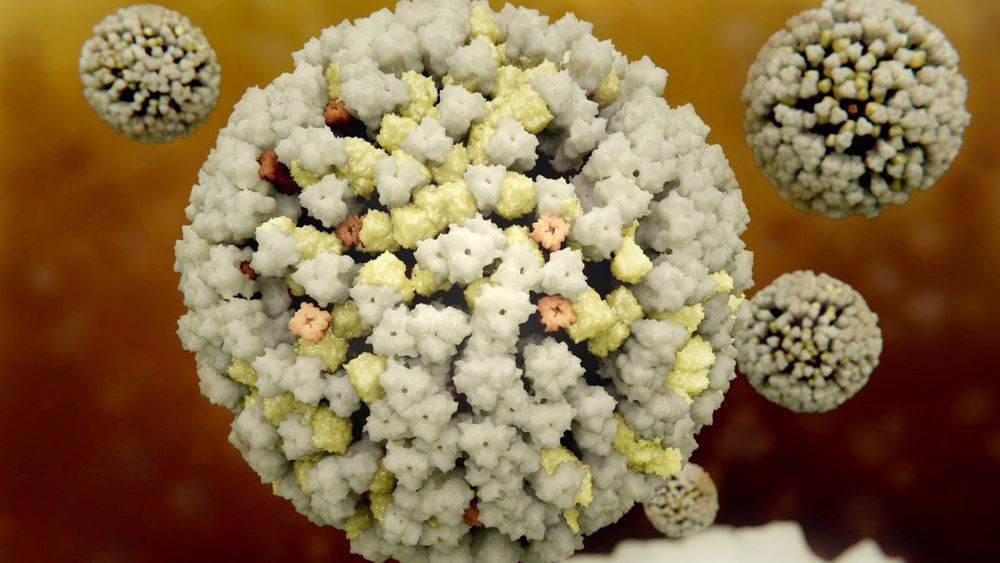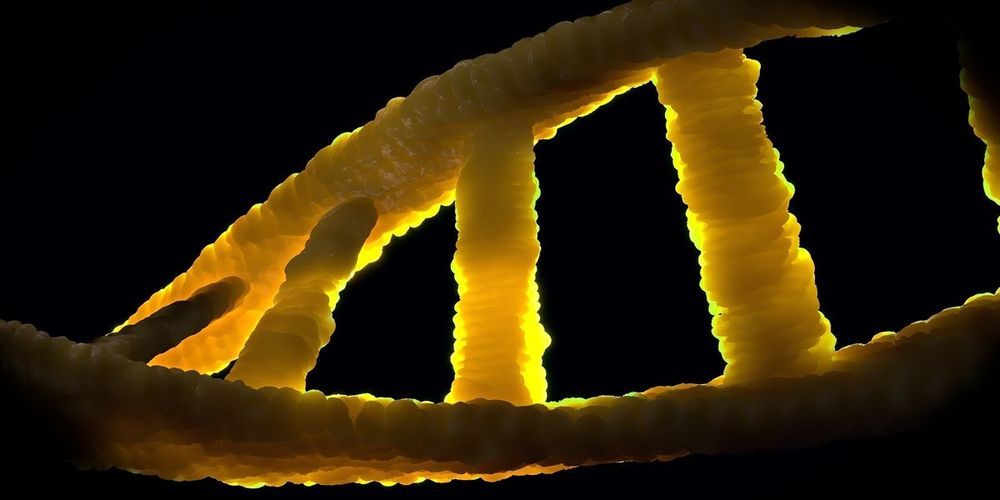Let’s say it was possible to buy your health by the day. How much would you be willing to pay for each year of perfect health? What if you could buy years of health for your loved ones, too? At what price point would you draw the line?
This sort of difficult calculus, on a much larger and chronologically longer scale, underpins many decisions we make in medicine — not just decisions that we make as patients, but also the decisions that are made for us by employers, health insurance funders and policymakers. We don’t have the resources to pursue every possible treatment, to research every possible breakthrough, so how do we allocate the resources available? It turns out that there is an entire field of healthcare economics devoted to understanding the costs and benefits of conventional medicine, and to navigating the trade-offs between more expense and better healthcare.
Determining the costs and benefits of new areas like genomic medicine is especially tricky, because we have so much less experience in these areas, and even experts cannot yet fully agree on the spectrum of harms and benefits.
